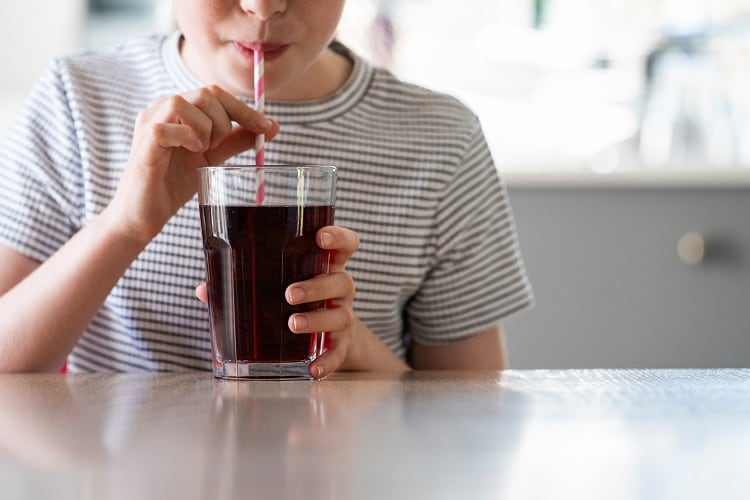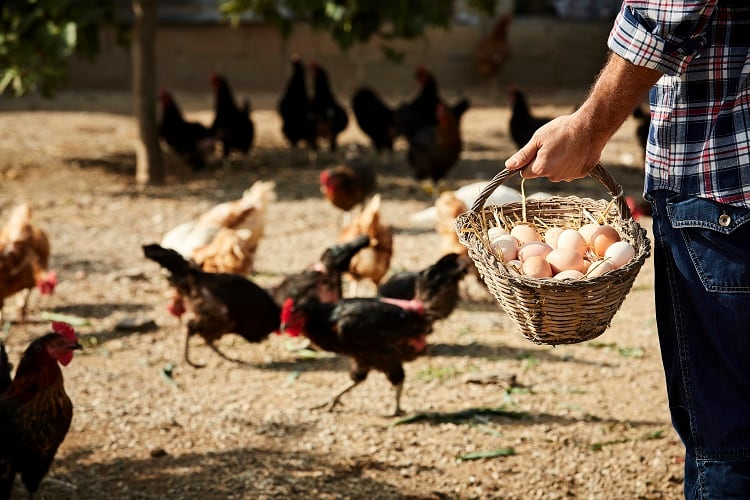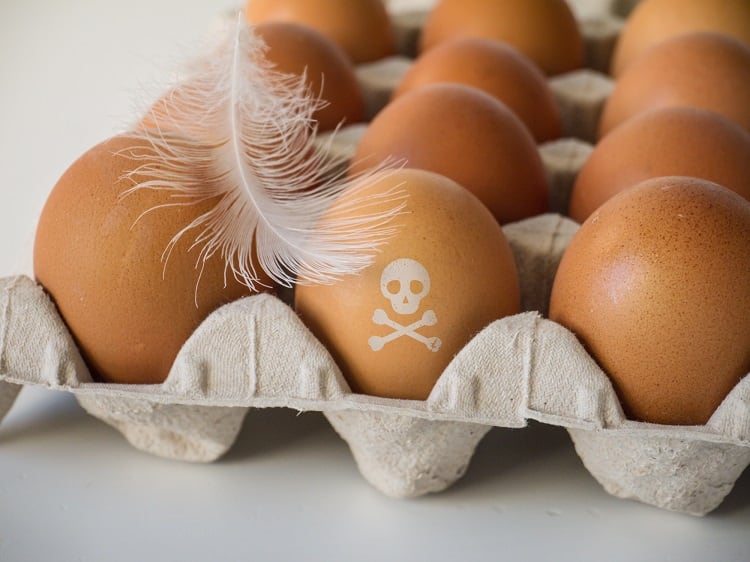In 2021, the EU moved to tackle plastic pollution by enforcing a ban on certain single-use plastics, ranging from single-use plastic plates to cutlery, balloon sticks and straws. Food and beverage manufacturers responded by replacing single-use plastic with more sustainable alternatives.
In the case of straws, paper has proved a popular choice. Unlike plastic straws, paper straws have been considered biodegradable, taking around two to six weeks (instead of 200 years for plastic straws) to completely decompose.
But fresh research out of Europe suggests paper straws may not be the panacea originally thought to be, both in terms of both environmental and human health.
Paper straws: more sustainable and eco-friendly?
In the same year that the EU ban on single-use plastics was enforced, researchers in the US raised alarm bells having identified ‘forever chemicals’ poly- and perfluoroalkyl substances (PFAS) in straws made from plant-based materials such as paper.
The concern is that by drinking through such straws, humans may ingest PFAS – in so far undetermined quantities. Although ingestion of PFAS is not expected to make one acutely ill, health risks increase if significant quantities are consumed over an extended period.
Most PFAS barely break down, and are both accumulative and potentially toxic to humans, animals, and the environment.
Since a study on PFAS in plant-based straws had never been explored in Europe, researchers in Belgian have sought to do just that. The team tested 39 different brands of commercially available straws – made from bamboo, glass, stainless steel, plastic and paper – for 29 individual PFAS compounds.
“For this study, we collected the widest possible range of straws available on the Belgian market, manufactured from different materials, purchased from several stores and with an as diverse source as possible,” noted the study authors.
Based on the available market supply, it was decided to subject 20 paper straws, five glass straws, five bamboo straws, five stainless steel straws, and four plastic straws to the extensive analysis.
“Straws made from plant-based materials, such as paper and bamboo, are often advertised as being more sustainable and eco-friendly than those made from plastic,” said Dr Thimo Groffen, an environmental scientist at the University of Antwerp who co-authored the study.
“However, the presence of PFAS in these straws means that’s not necessarily true.”
Most paper straws tested contained PFAS
Indeed, it was found that most brands tested (69%) contained PFAS. Eighteen different PFAS were detected in total.
The researchers expected the paper straws to be more contaminated with PFAS than the other types of straws, as manufacturers aim to make the paper water-repellent. To make paper water-repellent, PFAS can be added during the manufacturing process – but they could also already be present early in the supply chain due to the use of contaminated raw materials.
Ninety percent of the paper straws tested were found to contain PFAS. ‘Forever chemicals’ were also identified in 80% of the brands of bamboo straws tested, 75% of the plastic straw brands, and 40% of the glass straw brands. No PFAS were detected in any of the five types of steel straw tested.
Alarmingly, the most commonly found PFAS (perfluorooctanoic acid or PFOA) had been banned globally since 2020. ‘Ultra-short chain’ PFAS were also identified – such as trifluoroacetic acid (TFA) and trifluoromethane-sulfonic acid (TMAS) – which are considered highly soluble, meaning they could leach out of straws into drinks.
How the PFAS were added to the straws studied is not known, but the researchers suspect at least some were used as a water-repellent coating.
Paper straws a risk to human health?
The big question remains: does the presence of PFAS in paper straws pose a threat to human health?
The PFAS concentrations were low, and since consumers tend to use straws only occasionally, the risk posed to human health is limited. But it should be noted that ‘forever chemicals’ can remain in the body for many years, with concentrations thought to build up over time.
“Small amounts of PFAS, while not harmful in themselves, can add to the chemical load already present in the body,” said Dr Groffen.
The researchers did not investigate whether the PFAS would leach out of the straws into liquids, but concluded that these ‘eco-friendly’ plant-based straws are not necessarily a more sustainable alternative to plastic straws, because they can be considered as an additional source of PFAS exposure in humans and the environment.
“The most sustainable alternative seems to be stainless-steel straws,” noted the researchers. “[These] can be reused, do not contain PFAS and can be fully recycled.”
Source: Food Additives & Contaminants
‘Assessment of poly- and perfluoroalkyl substances (PFAS) in commercially available drinking straws using targeted and suspect screening approaches’
Published online 24 August 2023
DOI: https://doi.org/10.1080/19440049.2023.2240908
Authors: Pauline Boisacq, Maarten De Keuster, Else Prinsen, Yunsun Joeng, Lieven Bervoets, Marcel Eens, Adrian Covaci, Tim Willems and Thimo Groffen.





